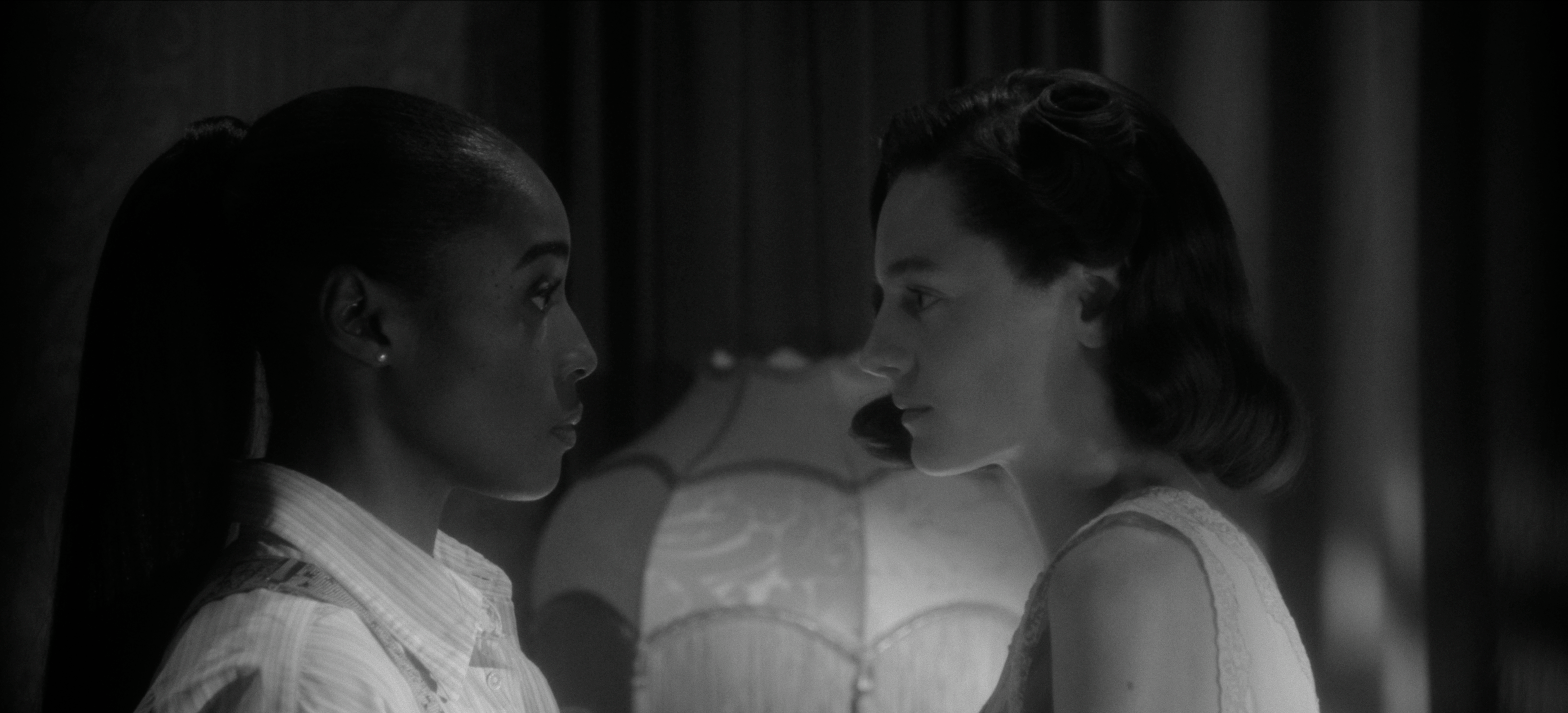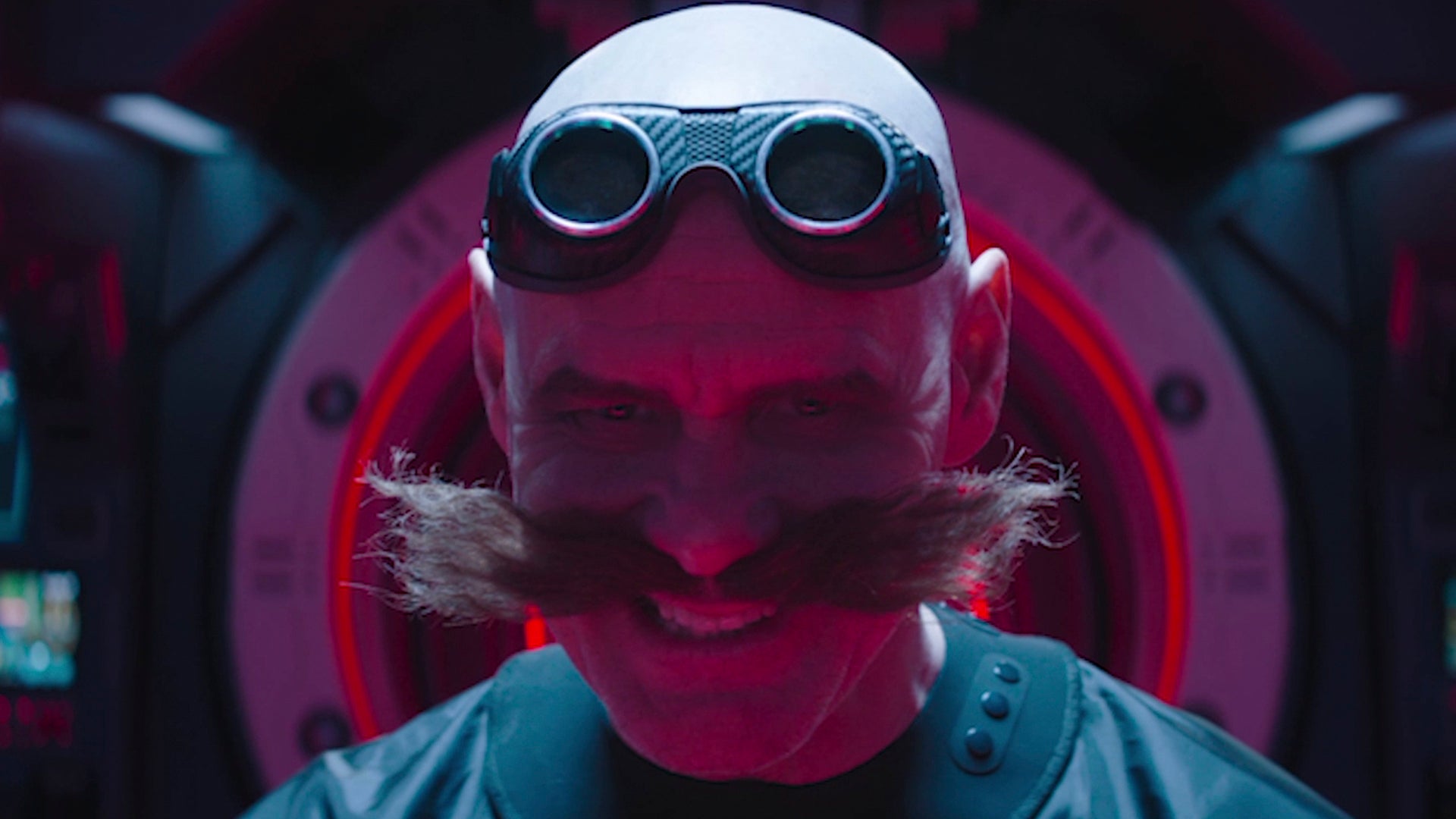
Up until recently, the only Black Mirror episode I’ve watched in full was “San Junipero,” where two queer women find unexpected love in a simulation and decide to remain there together. It’s famously known as one of the only Black Mirror episodes with a happy ending. I don’t think I’m the only person out there who is a fan of that episode of Black Mirror and that episode only.
I have good news for the dozens of us out there: This season of Black Mirror has an episode that’s basically a spiritual companion to “San Junipero” — albeit with more of a bittersweet tinge to it. “Hotel Reverie” had me on the edge of my seat from the beginning and tugged on my heartstrings by the end.
[Ed. note: This post contains spoilers for the third episode of Black Mirror season 7.]

Like “San Junipero,” “Hotel Reverie” follows two women who fall in love in a simulated reality. But the setup is intriguingly different. The episode follows Brandy (Issa Rae), an actress who gets the chance of a lifetime to star in a remake of Hotel Reverie, her favorite old romance movie — with a twist. The remake is being done in ReDream, a software that recreates the entirety of an old movie in a virtual reality, populated by AI characters. Brandy locks into the VR like she’s entering the Matrix, with her consciousness uploaded into the simulation while her body lies comatose.
She’s taking on the male lead role, Dr. Alex Palmer; in the original, he’s the white British doctor who romances an heiress named Clara (Emma Corrin). In reality, Clara was played by a troubled actress named Dorothy Chambers. Brandy researches her before showing up on set, and finds herself charmed by some old test footage of Dorothy. So, when she comes face to face with Clara in the simulation, she’s understandably a bit flustered.

Which makes sense, given how disorienting and fascinating the mechanics of this world are. The film begins in stasis, with all the characters suspended in time, before the title sequence rolls. Then, like a play, it proceeds sequentially. Brandy fills in the lines of the character she’s replacing and everyone more or less accepts that she’s Dr. Alex Palmer. Brandy starts off hitting all her lines and beats, but after a kerfuffle with a piano, the movie starts to veer off script. The characters react accordingly, which throws a wrench into the plot. On the outside, the filmmakers scramble to find a solution to get the movie back on track. They monitor data points like romantic interest and narrative tension and direct Brandy via an earpiece.
Like Yorkie and Kelly’s love story in “San Junipero,” Clara and Brandy are brought together by the impossible, their connection heightened by the fabricated reality they inhabit. And as Brandy forces the movie off-book, Clara follows, a juicy element of an AI slowly realizing her own personhood. Clara draws on not just the character as she appears in the movie, but also on Dorothy’s lived experiences as a closeted queer woman in the 1940s. Even though she’s just a simulation, she gives Dorothy a chance to live a life — just as Yorkie was able to fully fall in love with Kelly after dealing with a homophobic family in her real life. The parallels are clear (and maybe even purposeful by the production team, as we learn through some mail that Brandy lives on “Junipero Road”).

Though Hotel Reverie is a fictional movie, it represents queer subtext woven into real films from the same time period, where plenty of queer people worked behind the scenes and on camera. In the 1990s, it became popular for the LGBTQ community to reedit classical Hollywood scenes in order to highlight and emphasize the queer themes present in the movies. The episode is a fictional sort of reedit; the movie itself might not be real, but the idea of digging into queerness already on screen and bringing it to light is.
Without spoiling much, the ending gives Clara — the character, the AI, and even the actress behind her — some agency to choose how her story ends, letting her step outside what society (and her programming) dictated she could do. It’s not quite a happy ending, but it’s not a typically bleak Black Mirror ending either. Instead, it’s bittersweet, a quiet sort of reclamation for Clara, and by extension Dorothy.
Black Mirror season 7 is streaming on Netflix now.
Source:https://www.polygon.com/tv/556460/black-mirror-san-junipero-hotel-reverie-queer-love-story














